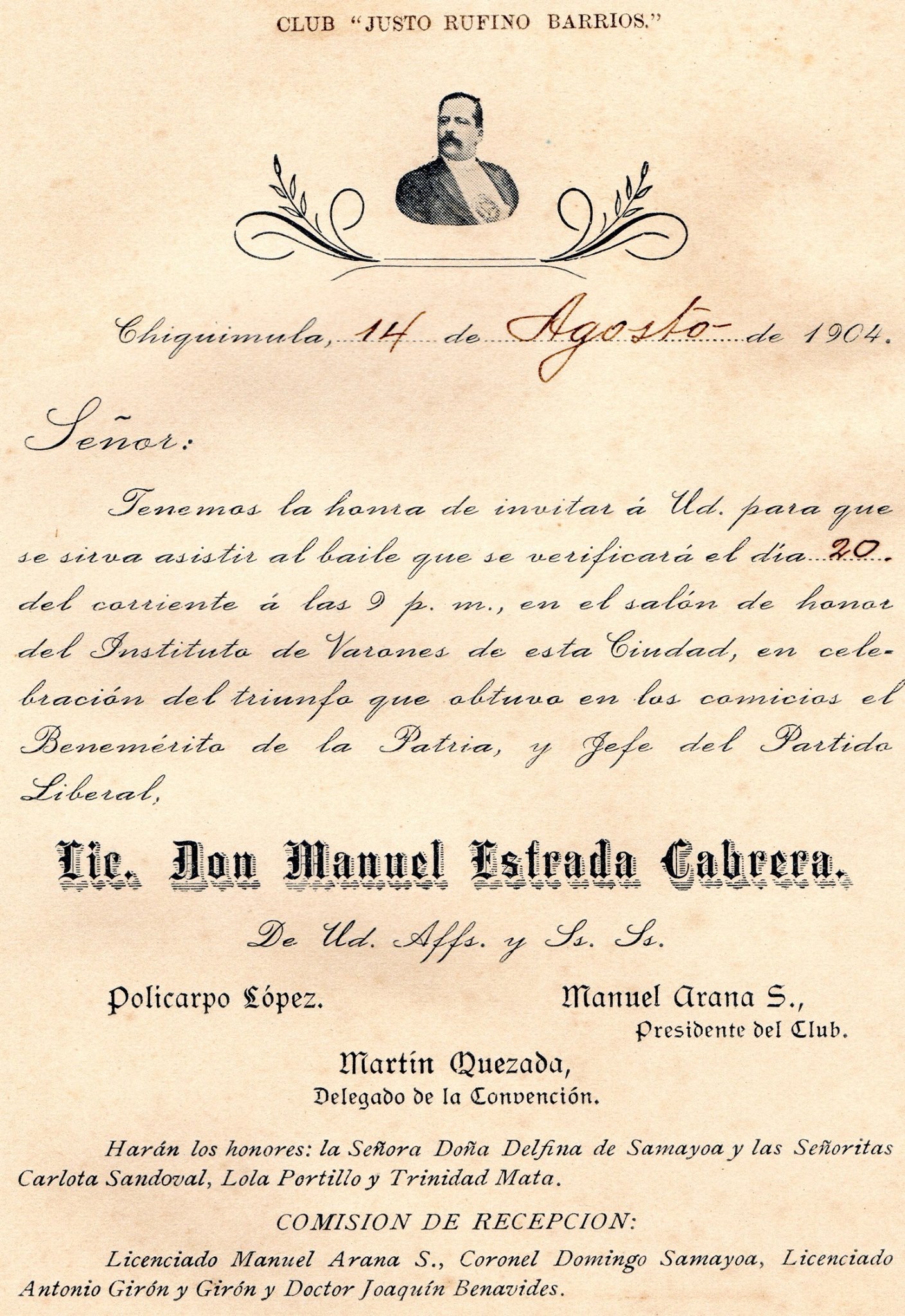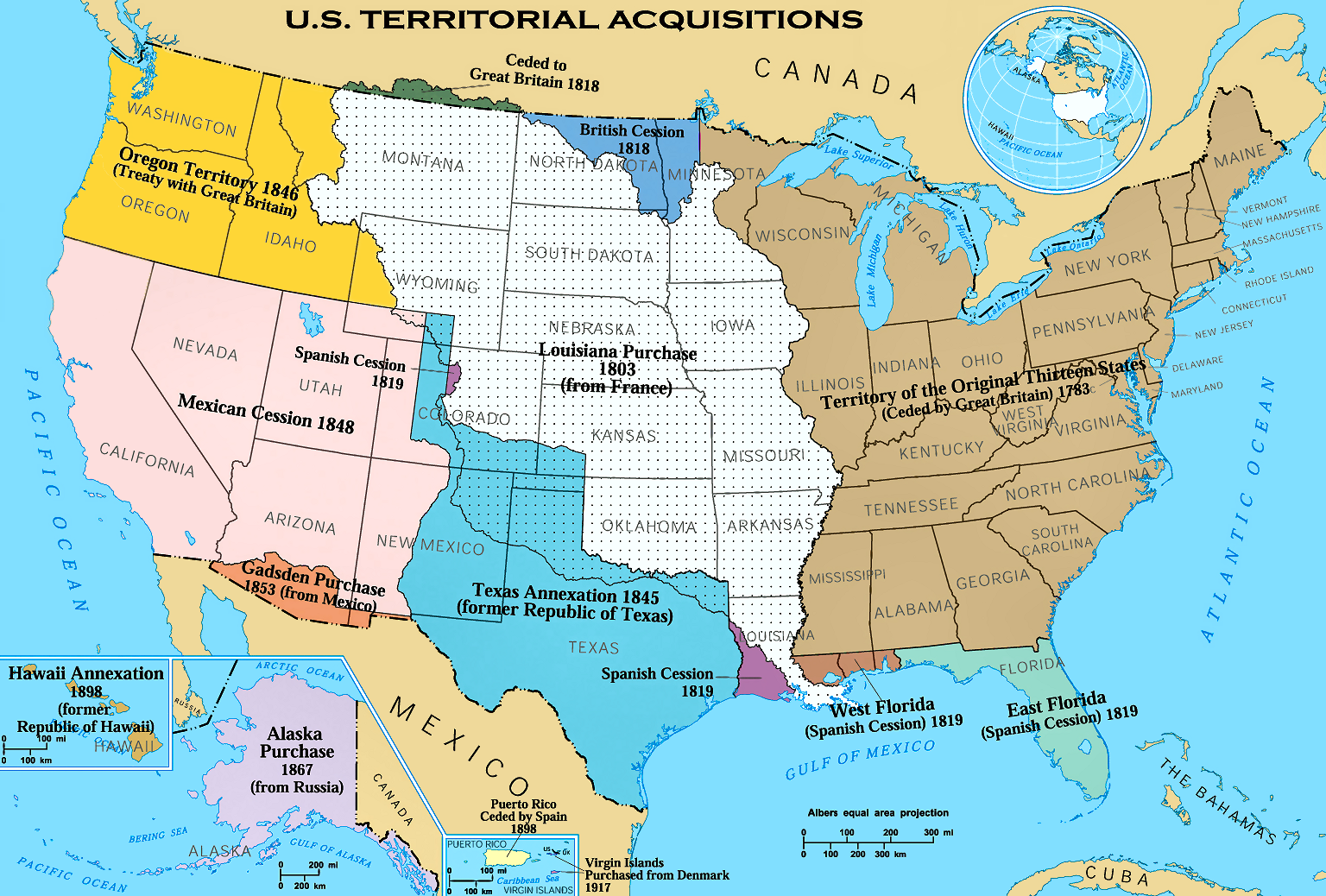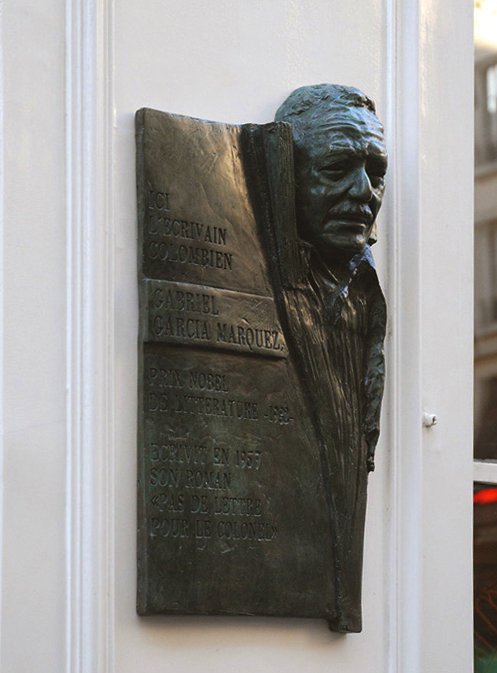|
Dictator Novel
The dictator novel () is a genre of Latin American literature that challenges the role of the dictator in Latin American society. The theme of '' caudillismo''—the régime of a charismatic ''caudillo'', a political strongman—is addressed by examining the relationships between power, dictatorship, and writing. Moreover, a dictator novel often is an allegory for the role of the writer in a Latin American society. Although mostly associated with the Latin American Boom of the 1960s and 1970s, the dictator-novel genre has its roots in the nineteenth-century non-fiction work '' Facundo'' (1845) by Domingo Faustino Sarmiento. As an indirect critique of Juan Manuel de Rosas' dictatorial régime in Argentina, ''Facundo'' is the forerunner of the dictator novel genre; all subsequent dictator novels harken back to it. As established by Sarmiento, the goal of the genre is not to analyze the rule of particular dictators, or to focus on historical accuracy, but to examine the abstract na ... [...More Info...] [...Related Items...] OR: [Wikipedia] [Google] [Baidu] |
Juan Manuel De Rosas
Juan Manuel José Domingo Ortiz de Rozas y López de Osornio (30 March 1793 – 14 March 1877), nicknamed "Restorer of the Laws", was an Argentine politician and army officer who ruled Buenos Aires Province and briefly the Argentine Confederation. Born into a wealthy family, Rosas independently amassed a personal fortune, acquiring large tracts of land in the process. Rosas enlisted his workers in a private army, private militia, as was common for rural proprietors, and took part in the disputes that led to numerous Argentine Civil Wars, civil wars in his country. Victorious in warfare, personally influential, and with vast landholdings and a loyal private army, Rosas became a caudillo, as provincial warlords in the region were known. He eventually reached the rank of brigadier general, the highest in the Argentine Army, and became the undisputed leader of the Federales (Argentina), Federalist Party. In December 1829, Rosas became governor of the province of Buenos Aires and e ... [...More Info...] [...Related Items...] OR: [Wikipedia] [Google] [Baidu] |
Alejo Carpentier
Alejo Carpentier y Valmont (, ; December 26, 1904 – April 24, 1980) was a Cuban novelist, essayist, and musicologist who greatly influenced Latin American literature during its famous "boom" period. Born in Lausanne, Switzerland, of French and Russian parentage, Carpentier grew up in Havana, Cuba, and despite his European birthplace, he strongly identified as Cuban throughout his life. He traveled extensively, particularly in France, and to South America and Mexico, where he met prominent members of the Latin American cultural and artistic community. Carpentier took a keen interest in Latin American politics and often aligned himself with revolutionary movements, such as Fidel Castro's Communist Revolution in Cuba in the mid-20th century. Carpentier was jailed and exiled for his leftist political philosophies. With a developed knowledge of music, Carpentier explored musicology, publishing an in-depth study of the music of Cuba, ''La música en Cuba'' and integrated musical ... [...More Info...] [...Related Items...] OR: [Wikipedia] [Google] [Baidu] |
Epitácio Lindolfo Da Silva Pessoa , a municipality in São Paulo, Brazil
{{disambiguation, given name ...
Epitácio may refers to: People *Epitácio Cafeteira (1924-2018), Brazilian politician * Epitácio Pais (1924-2009), Goan Indian novelist *Epitácio Pessoa (1865-1942), former president of Brazil Places * Epitacio Huerta Municipality, a municipality in Michoacán, Mexico *Presidente Epitácio Presidente Epitácio is a municipality in the state of São Paulo (state), São Paulo in Brazil. The town is named after Epitácio Pessoa. The population is 44,389 (2020 est.) in an area of 1260 km2. The elevation is 310 m. It is situated on t ... [...More Info...] [...Related Items...] OR: [Wikipedia] [Google] [Baidu] |
Nationalism
Nationalism is an idea or movement that holds that the nation should be congruent with the state. As a movement, it presupposes the existence and tends to promote the interests of a particular nation, Smith, Anthony. ''Nationalism: Theory, Ideology, History''. Polity, 2010. pp. 9, 25–30; especially with the aim of gaining and maintaining its sovereignty ( self-governance) over its perceived homeland to create a nation-state. It holds that each nation should govern itself, free from outside interference (self-determination), that a nation is a natural and ideal basis for a polity, and that the nation is the only rightful source of political power. It further aims to build and maintain a single national identity, based on a combination of shared social characteristics such as culture, ethnicity, geographic location, language, politics (or the government), religion, traditions and belief in a shared singular history, and to promote national unity or solidarity. There are ... [...More Info...] [...Related Items...] OR: [Wikipedia] [Google] [Baidu] |
Manuel Estrada Cabrera
Manuel José Estrada Cabrera (21 November 1857 – 24 September 1924) was the President of Guatemala from 1898 to 1920. A lawyer with no military background, he modernised the country's industry and transportation infrastructure, via granting concessions to the American-owned United Fruit Company, whose influence on the government was deeply unpopular among the population. Estrada Cabrera ruled as a dictator who used increasingly brutal methods to assert his authority, including armed strike-breaking, and he effectively controlled general elections. He retained power for 22 years through controlled elections in 1904, 1910, and 1916, and was eventually removed from office when the national assembly declared him mentally incompetent, and he was jailed for corruption. As such, he was the longest-serving leader of Guatemala. Son of Pedro Estrada-Monzón and Joaquina Cabrera. Background Estrada Cabrera was a lawyer. He studied at the Universidad Nacional and thanks to his work h ... [...More Info...] [...Related Items...] OR: [Wikipedia] [Google] [Baidu] |
Colonialism
Colonialism is the control of another territory, natural resources and people by a foreign group. Colonizers control the political and tribal power of the colonised territory. While frequently an Imperialism, imperialist project, colonialism can also take the form of settler colonialism, whereby settlers from one or multiple colonizing metropoles occupy a territory with the intention of partially or completely supplanting the existing population. Colonialism developed as a concept describing European colonial empires of the modern era, which spread globally from the 15th century to the mid-20th century, spanning 35% of Earth's land by 1800 and peaking at 84% by the beginning of World War I. European colonialism employed mercantilism and Chartered company, chartered companies, and established Coloniality of power, coloniality, which keeps the colonized socio-economically Other (philosophy), othered and Subaltern (postcolonialism), subaltern through modern biopolitics of Heterono ... [...More Info...] [...Related Items...] OR: [Wikipedia] [Google] [Baidu] |
Authoritarian
Authoritarianism is a political system characterized by the rejection of political plurality, the use of strong central power to preserve the political ''status quo'', and reductions in democracy, separation of powers, civil liberties, and the rule of law. Authoritarian regimes may be either autocratic or oligarchic and may be based upon the rule of a party or the military. States that have a blurred boundary between democracy and authoritarianism have sometimes been characterized as "hybrid democracies", " hybrid regimes" or "competitive authoritarian" states. The political scientist Juan Linz, in an influential 1964 work, ''An Authoritarian Regime: Spain'', defined authoritarianism as possessing four qualities: # Limited political pluralism, which is achieved with constraints on the legislature, political parties and interest groups. # Political legitimacy based on appeals to emotion and identification of the regime as a necessary evil to combat "easily recognizable ... [...More Info...] [...Related Items...] OR: [Wikipedia] [Google] [Baidu] |
American Imperialism
U.S. imperialism or American imperialism is the expansion of political, economic, cultural, media, and military influence beyond the boundaries of the United States. Depending on the commentator, it may include imperialism through outright military conquest; military protection; gunboat diplomacy; unequal treaties; subsidization of preferred factions; United States involvement in regime change, regime change; economic or diplomatic support; or economic penetration through private companies, potentially followed by Interventionism (politics), diplomatic or forceful intervention when those interests are threatened. The policies perpetuating American imperialism and expansionism are usually considered to have begun with "New Imperialism" in the late 19th century, though some consider American territorial expansion and settler colonialism at the expense of Indigenous peoples, Indigenous Americans to be similar enough in nature to be identified with the same term. While the United ... [...More Info...] [...Related Items...] OR: [Wikipedia] [Google] [Baidu] |
Magical Realism
Magical realism, magic realism, or marvelous realism is a style or genre of fiction and art that presents a realistic view of the world while incorporating magical elements, often blurring the lines between speculation and reality. ''Magical realism'' is the most commonly used of the three terms and refers to literature in particular, with magical or supernatural phenomena presented in an otherwise real-world or mundane setting, and is commonly found in novels and dramatic performances. In his article "Magical Realism in Spanish American Literature", Luis Leal explains the difference between magic literature and magical realism, stating that, "Magical realism is not magic literature either. Its aim, unlike that of magic, is to express emotions, not to evoke them." Despite including certain magic elements, it is generally considered to be a different genre from fantasy because magical realism uses a substantial amount of realistic detail and employs magical elements to make a po ... [...More Info...] [...Related Items...] OR: [Wikipedia] [Google] [Baidu] |
The Autumn Of The Patriarch
''The Autumn of the Patriarch'' (original Spanish title: ''El otoño del patriarca'') is a 1975 novel by Gabriel García Márquez. A "poem on the solitude of power" according to the author, the novel is a flowing tract on the life of an eternal dictator. The book is divided into six sections, each retelling the same story of the infinite power held by the archetypical Caribbean tyrant. García Márquez based his fictional dictator on a variety of real-life leaders, including Gustavo Rojas Pinilla of his Colombian homeland, Generalissimo Francisco Franco of Spain (the novel was written in Barcelona), François Duvalier of Haiti, and Venezuela's Juan Vicente Gómez. The product is a universal story of the disastrous effects created by the concentration of power into a single man. Plot introduction The book is written in long paragraphs with extended sentences. The general's thoughts are relayed to the reader through winding sentences which convey his desperation and loneliness al ... [...More Info...] [...Related Items...] OR: [Wikipedia] [Google] [Baidu] |
Cold War
The Cold War was a period of global Geopolitics, geopolitical rivalry between the United States (US) and the Soviet Union (USSR) and their respective allies, the capitalist Western Bloc and communist Eastern Bloc, which lasted from 1947 until the dissolution of the Soviet Union in 1991. The term ''Cold war (term), cold war'' is used because there was no direct fighting between the two superpowers, though each supported opposing sides in regional conflicts known as proxy wars. In addition to the struggle for ideological and economic influence and an arms race in both conventional and Nuclear arms race, nuclear weapons, the Cold War was expressed through technological rivalries such as the Space Race, espionage, propaganda campaigns, Economic sanctions, embargoes, and sports diplomacy. After the end of World War II in 1945, during which the US and USSR had been allies, the USSR installed satellite state, satellite governments in its occupied territories in Eastern Europe and N ... [...More Info...] [...Related Items...] OR: [Wikipedia] [Google] [Baidu] |
El Señor Presidente
(''Mister President'') is a 1946 novel written in Spanish by Nobel Prize-winning Guatemalan writer and diplomat Miguel Ángel Asturias (1899–1974). A landmark text in Latin American literature, explores the nature of political dictatorship and its effects on society. Asturias makes early use of a literary technique now known as magic realism. One of the most notable works of the dictator novel genre, developed from an earlier Asturias short story, written to protest social injustice in the aftermath of a devastating earthquake in the author's home town. Although does not explicitly identify its setting as early twentieth-century Guatemala, the novel's title character was inspired by the 1898–1920 presidency of Manuel Estrada Cabrera. Asturias began writing the novel in the 1920s and finished it in 1933, but the strict censorship policies of Guatemalan dictatorial governments delayed its publication for thirteen years. The character of the President rarely appea ... [...More Info...] [...Related Items...] OR: [Wikipedia] [Google] [Baidu] |








